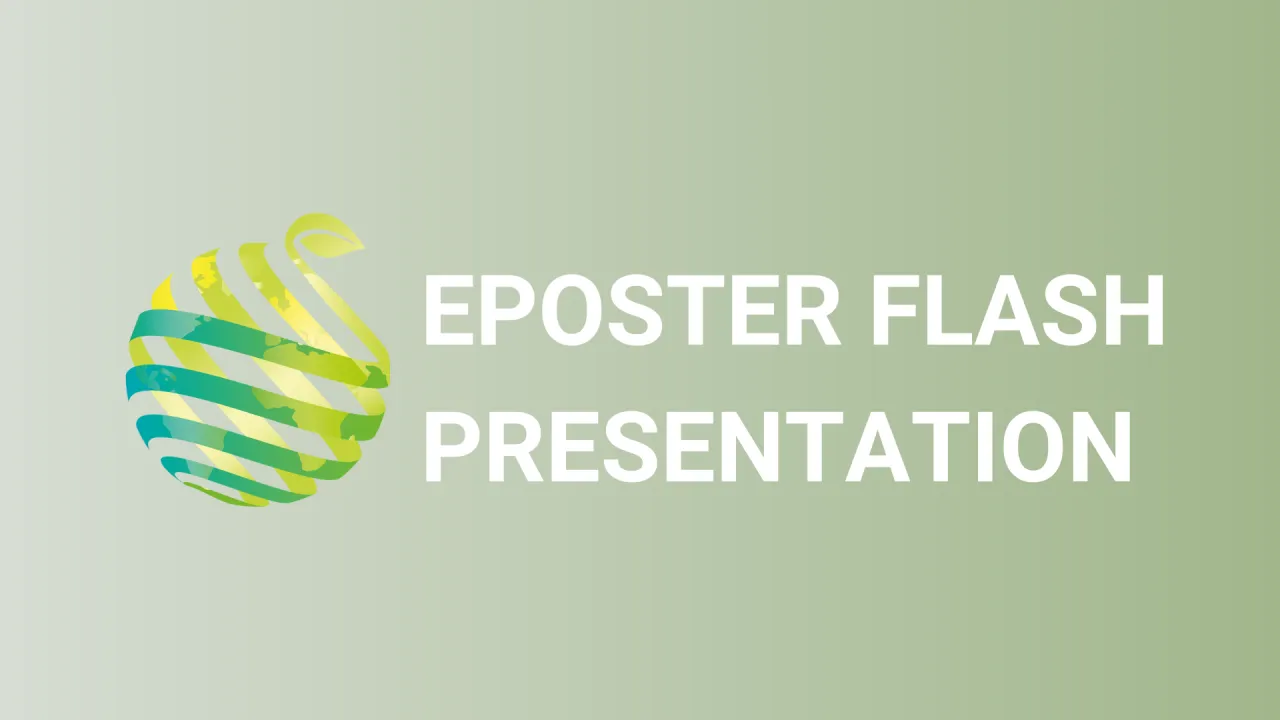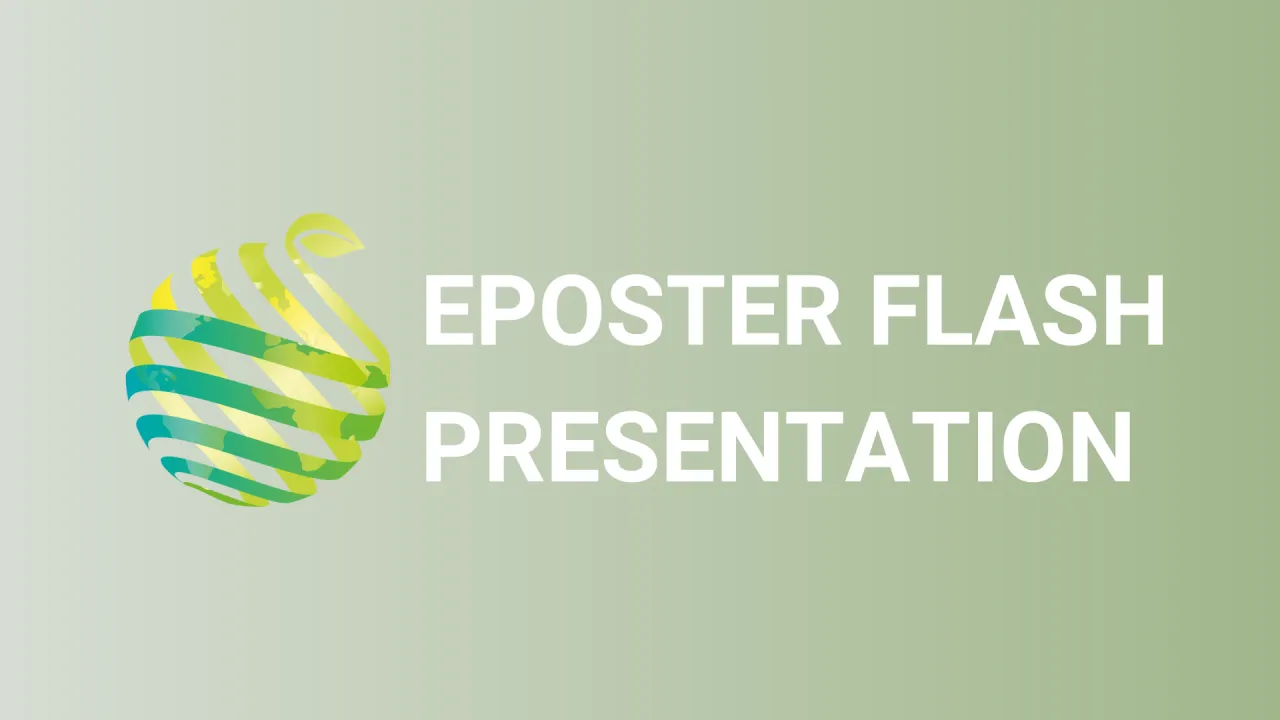

S09 - Session P3 - Impacts and assesment of urban horticulture on sustainability of food systems - Advances in urban horticulture by means of family-sized aquaponic systems: technical and social aspects
Information
Authors: Víctor M. Fernández Cabanás *, Luis Pérrez Urrestarazu, Gina P. Suárez Cáceres, Rafael Fernández Cañero, José R. Lobillo Eguíbar
Aquaponic is the combination of aquaculture and hydroponic, where fish effluents are used as nutritive solution by plants. The introduction of this production technique in family-sized facilities has been promoted by FAO with a handbook explaining how to build small-scale systems. At the University of Seville, different works have been developed over the last 12 years in order to improve the designs proposed by FAO, determine the safety of the food produced, study the productivity and profitability under Mediterranean climate, as well as the suppressiveness against some water-borne plant diseases. However, one of the most interesting findings that have stood out in the results are those related to social issues. The city of Seville has one of the neighborhoods with the worst rates of social exclusion in Europe: El Poligono Sur. In this neighborhood, different knowledge transfer activities have been developed: installation of an aquaponic facility in the backyard of a family home, installation of a greenhouse with two aquaponic facilities in a secondary education center and even the organization of an aquaponics course in the University of Seville with teachers from the neighborhood. These activities led to the integration of aquaponics, not only in the life of the family in which the prototype was installed, but also in the training curriculum of the students of the educational center. At the high school Joaquin Romero Murube, participating students received an extra supply of fresh vegetables while they practiced different curricular subjects in their aquaponic facilities, improving the nutritional quality of the students' diet, reducing absenteeism and promoting their learning in STEM subjects. Therefore, aquaponics has been a valuable tool to improve the nutritional quality of the students' diet, motivating their participation in academic activities and empowering the adults who taught the training courses in the University of Seville.